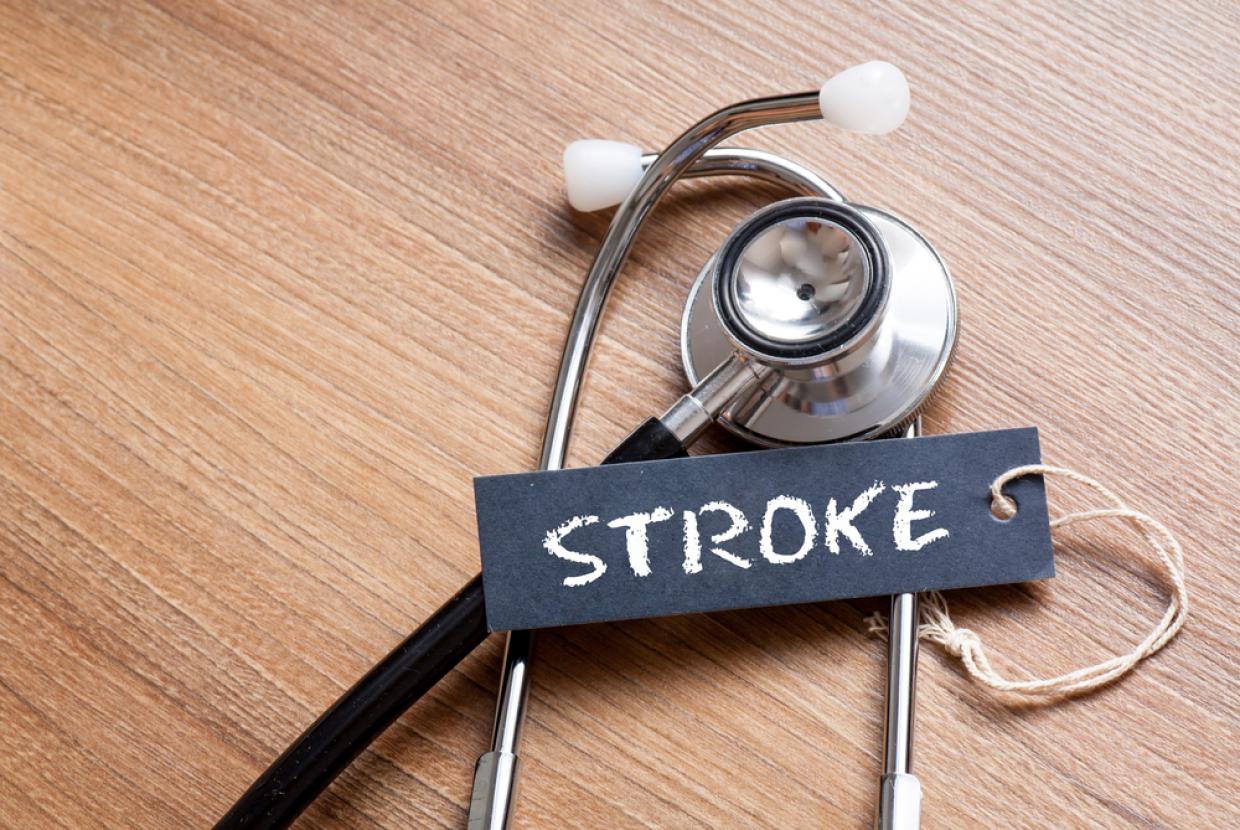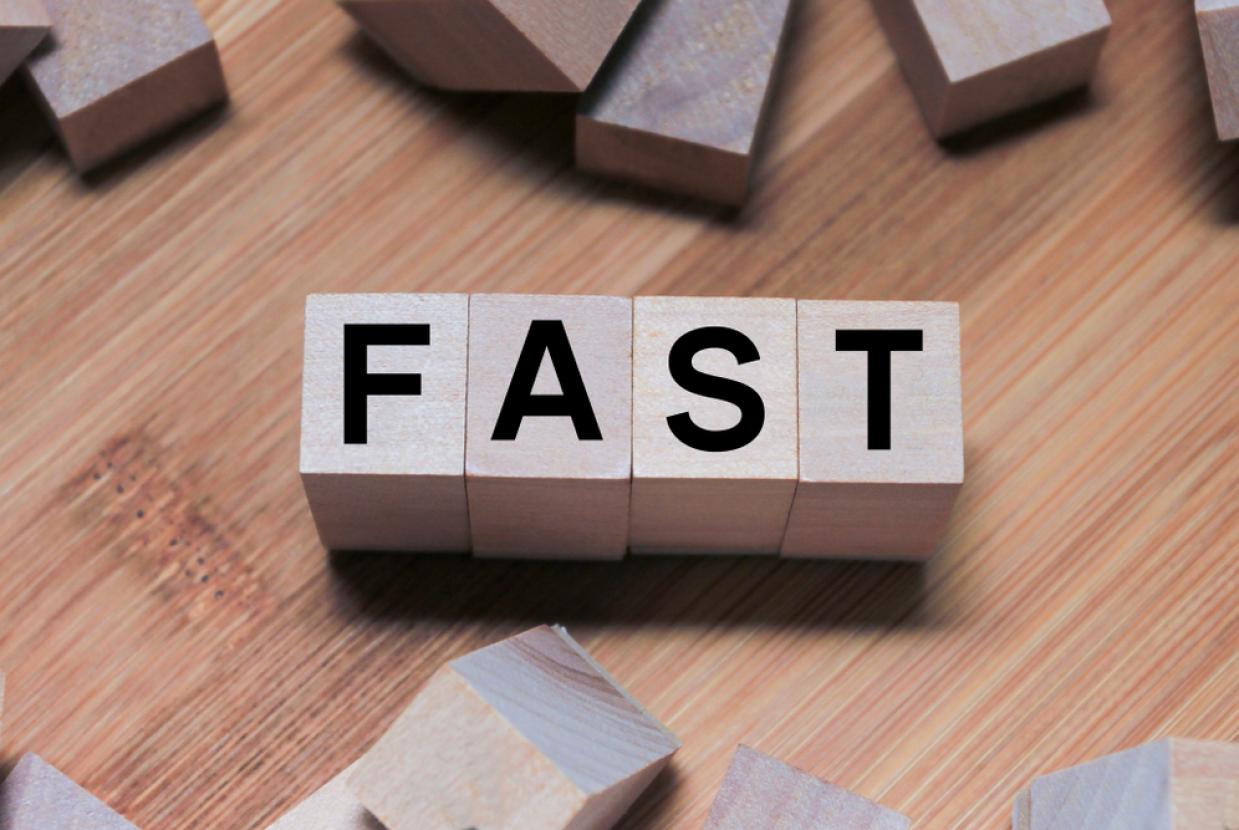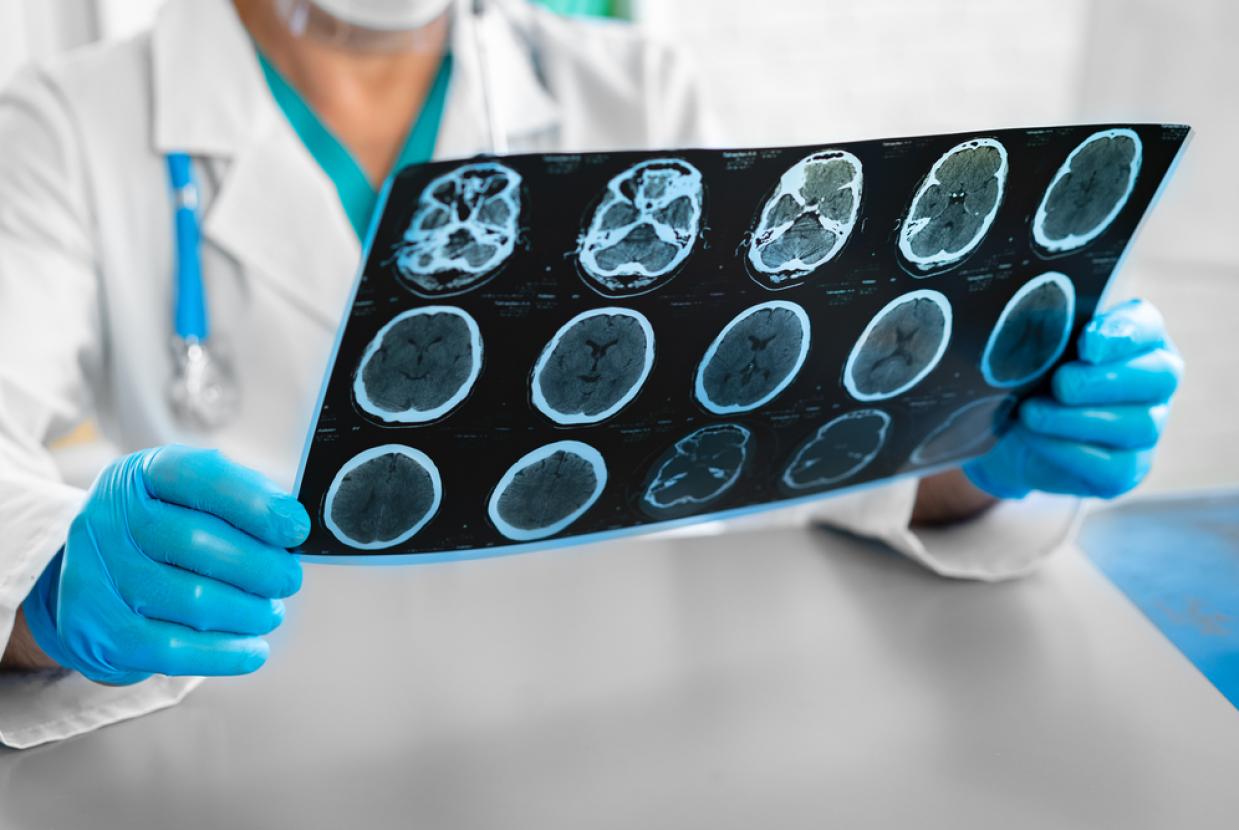Causes & Risk Factors
There are 2 main types of stroke: ischaemic strokes and haemorrhagic strokes. They affect the brain in different ways and can have different causes.
Ischaemic strokes
Ischaemic strokes are the most common type of stroke. They happen when a blood clot blocks the flow of blood and oxygen to the brain. These blood clots typically form in areas where the arteries have been narrowed or blocked over time by fatty deposits known as plaques. This process is known as atherosclerosis.
Your arteries may naturally become narrower as you age, but there are some things that dangerously speed up this process. These include:
- smoking
- high blood pressure (hypertension)
- obesity
- high cholesterol levels
- diabetes
- excessive alcohol intake
Another possible cause of ischaemic stroke is a type of irregular heartbeat called atrial fibrillation. This can cause blood clots in the heart that break apart and end up in the blood vessels that supply the brain.
Haemorrhagic strokes
Haemorrhagic strokes (also known as cerebral haemorrhages or intracranial haemorrhages) are less common than ischaemic strokes. They happen when a blood vessel inside the skull bursts and bleeds into and around the brain.
The main cause of haemorrhagic stroke is high blood pressure, which can weaken the arteries in the brain and make them more likely to split or rupture. Things that increase the risk of high blood pressure include:
- being overweight
- drinking excessive amounts of alcohol
- smoking
- a lack of exercise
- stress
Haemorrhagic strokes can also be caused by the rupture of a balloon-like expansion of a blood vessel (brain aneurysm) or abnormally formed blood vessels in the brain.

















